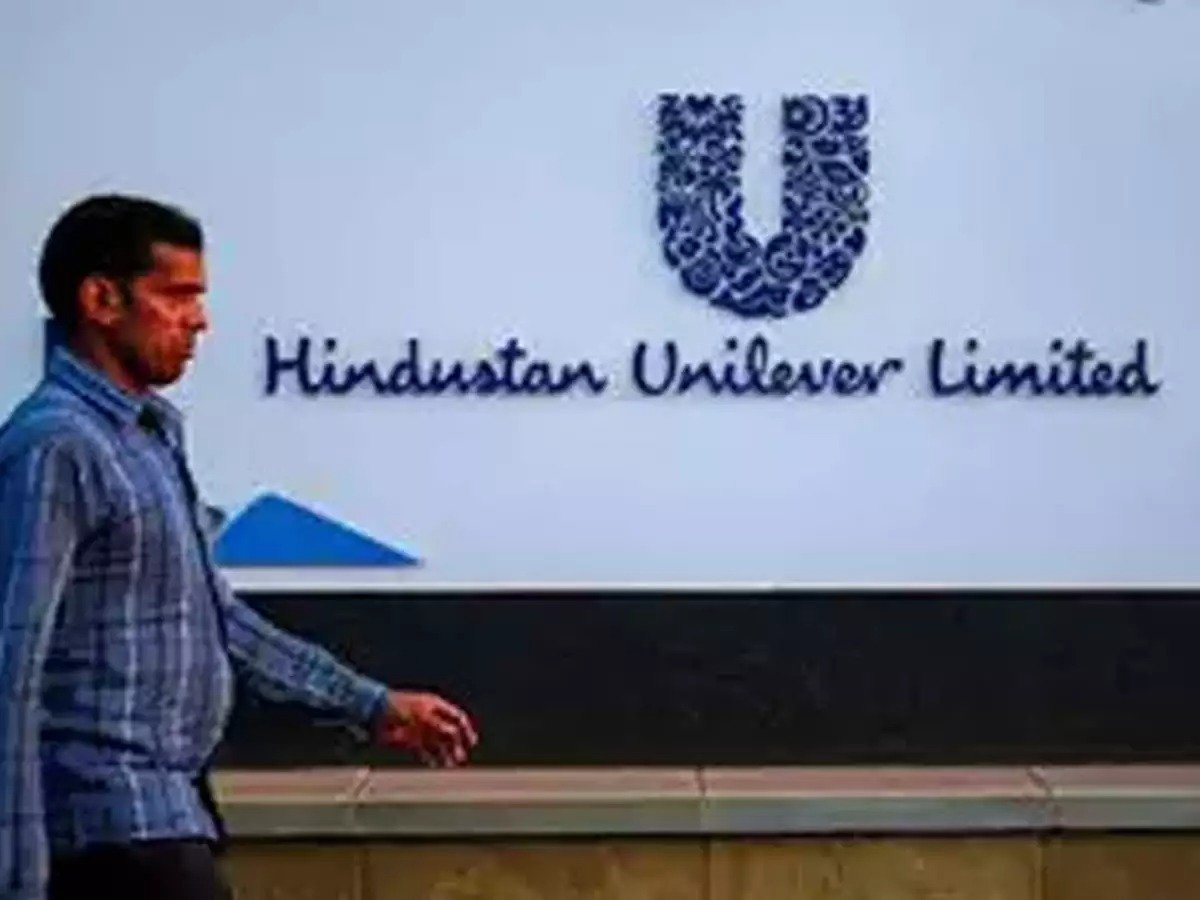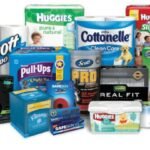Hindustan Unilever is expected to set a bold example by collecting and processing all its plastic waste this calendar year. What does it mean to its competitors? By managing 100% of its plastic waste by the end of this year, the FMCG giant will become the first company on a larger scale to become Plastic-waste neutral in the same category.
HUL eyes on processing over 1 lakh tons of plastic waste collected from different states and Union Territories (UTs), over the entire year. Plastic waste management remains one of the pivotal issues of the environment.
The Government recently rolled out the new Plastic Waste Management Rules, according to which the Centre seeks to pull out Single-use plastics from the market in two stages beginning with Jan 1st 2022.
The Plastic producing industries are repeatedly being warned by the Government, Scientists and Environmental workers about the impact the post-consumer plastic waste leaves on the environment, the expected outcome of which are more and more small and large scale industries observed to join the battle against the Plastic crisis. "Our vision is one where key stakeholders work together to ensure that plastic stays in the economy and out of the environment," said Sanjiv Mehta, the CMD of HUL.
HUL ED Willem Uijen added that the company has managed to develop an effective chain to collect and process the plastic packaging waste, and even scaled up their joint efforts to collect more than their total plastic footprint. Joining the league are other Industry giants as well, such as Nestle India, Dabur, ITC etc. ITC has a model in place for the sustainable management of multi-layered plastic (MLP) packaging waste. Dabur too, foresees to become Plastic-waste neutral by March 2022. Marico, the renowned brand, known for making Parachute hair oil, makes use of around 95% of recyclable material in the packaging and has committed to making it 100% by the financial year 2025.













Add comment